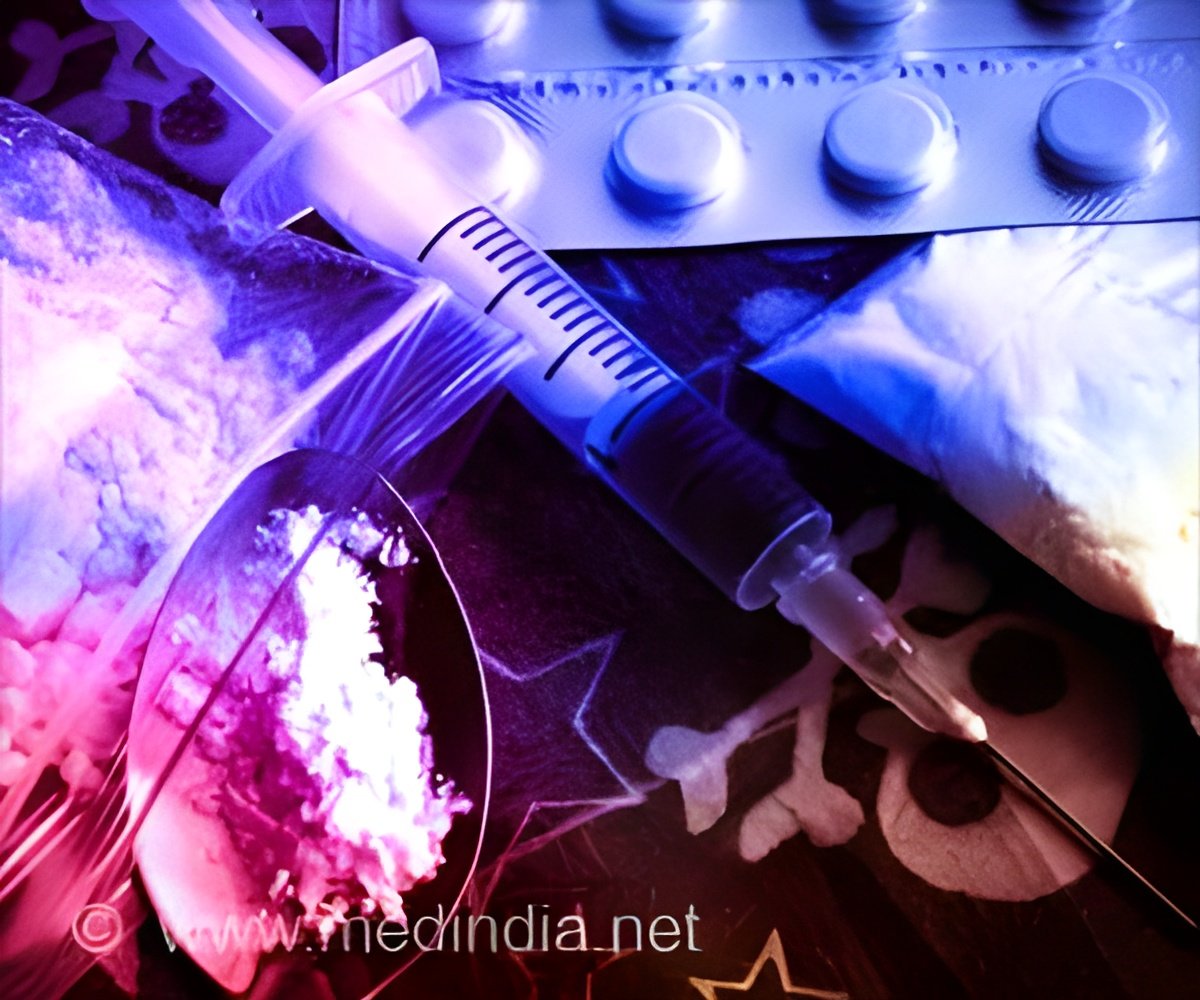The addiction care in the hospital, as well as improved health systems for patients with substance use disorders who also have other medical conditions need to be accessible to reduce death rates.

‘Destigmatize addiction to make healthcare systems more trustworthy and effective for drug overdose patients.’





“We need systems that can address comprehensive needs of people with substance use disorder and serious medical illness,” said senior author Honora Englander, M.D., associate professor of medicine (hospital medicine) in the OHSU School of Medicine.Researchers went into the study knowing that people with opioid use disorder are more likely to be hospitalized than the general population, but the new study is the first to characterize the rate at which these patients died a year after they leave the hospital.
Researchers reviewed data from a total of 6,654 Medicaid patients treated in 62 Oregon hospitals between April of 2015 and December of 2017.
Drug-related deaths, including overdoses, accounted for 58% of the 522 people who died within a year of being discharged from the hospital. The other deaths were attributed to causes other than drug-related, including diseases of the circulatory, respiratory, and endocrine systems.
Researchers found that overdose deaths are just the tip of the iceberg for these patients, representing 13% of deaths in the year after discharge. A one-year death rate of 8% in patients with opioid use disorder is similar to conditions like acute myocardial infarction, or heart attack.
Advertisement
Health systems need to integrate and destigmatize medical care for these patients with easy access to addiction medications such as methadone and buprenorphine and also to life-saving treatments.
Advertisement














